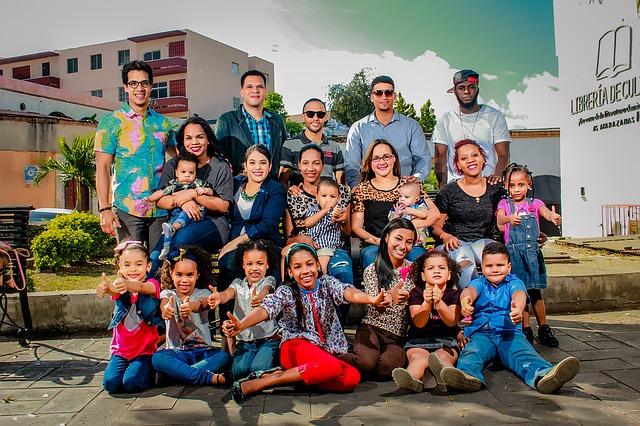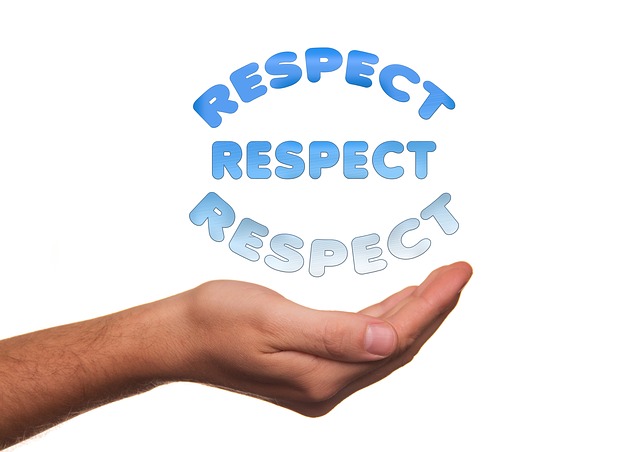Knowing Who to Include in Your Memoir
writing·@shawnamawna·
0.000 HBDKnowing Who to Include in Your Memoir
Writing memoir is an emotional minefield. It often feels like there is judgment at every corner, and sometimes even the team handling you as you box your way from story to story stops toweling and massaging and chucks your water out of the ring. They decide your truth is too much or wrong or that they simply can't support it for reasons of their own. It happens. <center></center> It has happened to me. I try to show my love in my writing even when the memories I'm relaying are of abuse. It is important to highlight the positives in this type of writing--to reframe from now (and I may need to address further what that means in another post)--in order to keep yourself safe while you write. In a nutshell, reframing from now is seeking out the silver linings of who you have become based on what you went through. I am now a trauma writing coach. My work is deeply fulfilling. I help all sorts of survivors accept and release their stories. And I do this because I survived violence. Some of it was at the hands of my parents, but my parents were my role model for breaking the pattern. They showed me how to write to release and how to seek help to recover. And I have built a career off of them breaking their abusive patterns so that I could have a different option. This doesn't mean my parents and I get along. Sometimes we have. Sometimes we do not. That's okay. I do not live my life according to their plan. I write about my experiences growing up with them. It is painful to them to experience this type of exposure, even when my goal is to point out that, despite the trials of PTSD due to my childhood, I am happy, healthy and achieving my dreams. I wish they saw the way I live as acceptable, but there is a whole religious spin on our relationship that I am unwilling to confine myself to. I see that it hurts them to have me outside their fold. But, in breaking patterns, I learned to live my life honestly and, while I am willing to modify my dress or behaviors around them out of respect, I am not going to put on a show when they aren't around like I used to. <center></center> The title of this piece is "Knowing Who to Include in Your Memoir". I include my parents because their actions shaped my experience. I have been asked to leave them out. I cannot do that. I have been asked to write under a pen name. I already do that. In fact, there is much I do not share as me. What I do share as myself is what is *mine.* What I don't share as myself is what belongs to other close parties or family members whose stories played out with mine, but are not mine to take ownership of. Abusers often ask for silence out of personal shame. No one likes to see their patterns laid out for the world. I try to lay out my own, but I am necessarily subjective. I'm sure if my family wrote about me, I'd be uncomfortable, but mostly that is due to the way they talk to me about myself. They tell me I was a hard child, that I imagined much of my abuse, that I forced their hand, and so on. Their methods of communicating with me are steeped in abusive tactics such as gaslighting or victim blaming. I was a hard child, so it is my fault I was abused. I had an overactive imagination, so some of the flashbacks and PTSD nightmares I have aren't real. But that is unfair because, whether my imagination played a role or not, my memories are built of true traumatic experiences. And the abuse I experienced had me literally closeted to the point that my autism was hidden from myself. I was broken and empty for so long. And now I am healing and so very full, so very alive. It is hard for those stuck in toxic patterns to see a family member break out and thrive. The driving impulse is to tear me back down, pull me back into the box that feels safe to them. I am never going back into that box. I will do what it takes to stay healthy, even if it means no contact with certain family members. That's a choice I have to make for myself and my children and my life partner. I can't be healthy when I'm being silenced, shamed and torn down. <center></center> So I persist in writing those experiences that shaped me, and including the key players. I edit my life and collapse multiple people into one character who still conveys that truth. I do that for their protection. But I do not protect those who abused me because their actions shaped who I am and are the very reason I write. The people in your life that drive you to write--include them. Change their names, change their relationship to you, but only go as far as you can to maintain the truth of your story. The people in your life who are innocent bystanders? Leave them out. You don't have to have five siblings. You can be an only child when you write. It is up to you. One exercise I do in memoir classes is to write a list of everyone who exists in your story. Cross off anyone who can be mentioned in an afterward or need not be mentioned at all. What you are left with is the bare bones, and that's all the better for getting at your truth. Happy writing! *images from pixabay.com*
👍 shuler, opaulo, raymondspeaks, abigailsamuelson, buzzbeergeek, cheftony, pharesim, adventureevryday, anejosua, derrick829, professorbromide, spectrumecons, anyx, roelandp, kushed, stone1, steemychicken1, aizensou, b0y2k, stoner19, hagie, coinbar, platinum-blue, illbeyourfriend, bigdaddy, kingsmind, romedog, spg, sammosk, ghettodweller, patrice, ngc, berniesanders, nextgencrypto, danknugs, steemservices, ozchartart, thebotkiller, thecyclist, engagement, iflagtrash, theyeti, randomthoughts, thedelegator, thesloth, ozmaster, steemizen, joseph, richman, razvanelulmarin, fabio, knozaki2015, shawnamawna, thebluepanda, yoshiko, thisisbenbrick, sirwinchester, einsteinpotsdam, zahnspange, steemsquad, allesgruen, dannystravels, jerryblanceton, timbernana, sherlockcupid, dark.horse, i-gordan, sunshinetraveler, freefuture, kinakomochi, arbitrarykitten, biancajapan, wackou, strangerarray, pkattera, rachelhanson10, cyruslkc, geneeverett, sumayyahsaidso, aamjad, shapeshifter43,